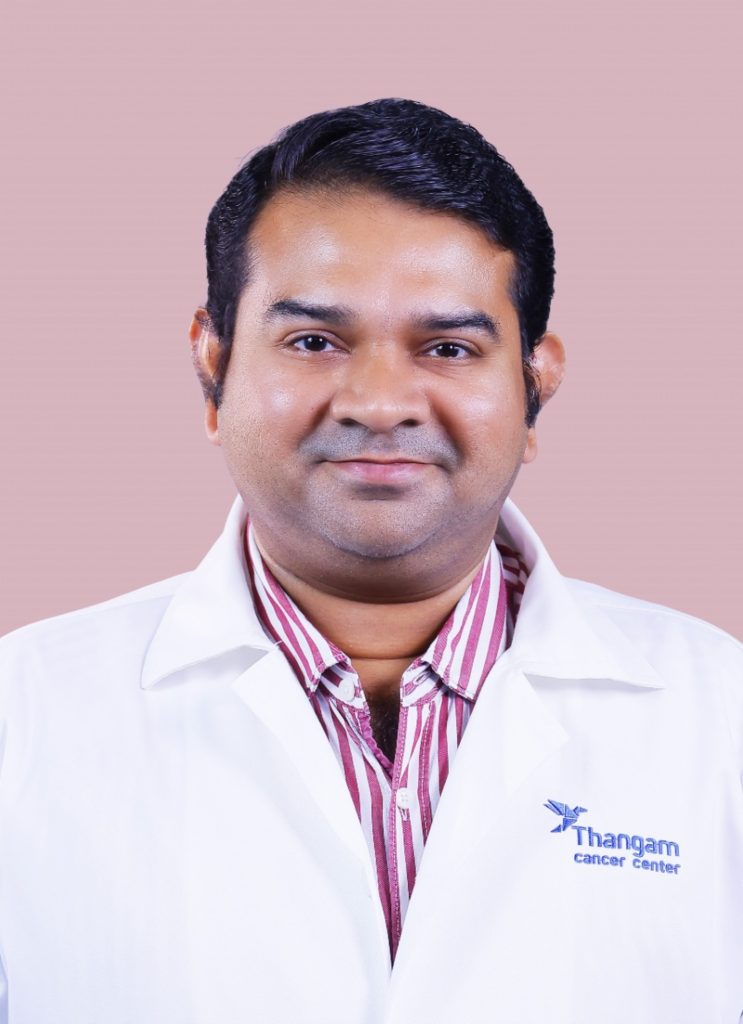Oral cancer
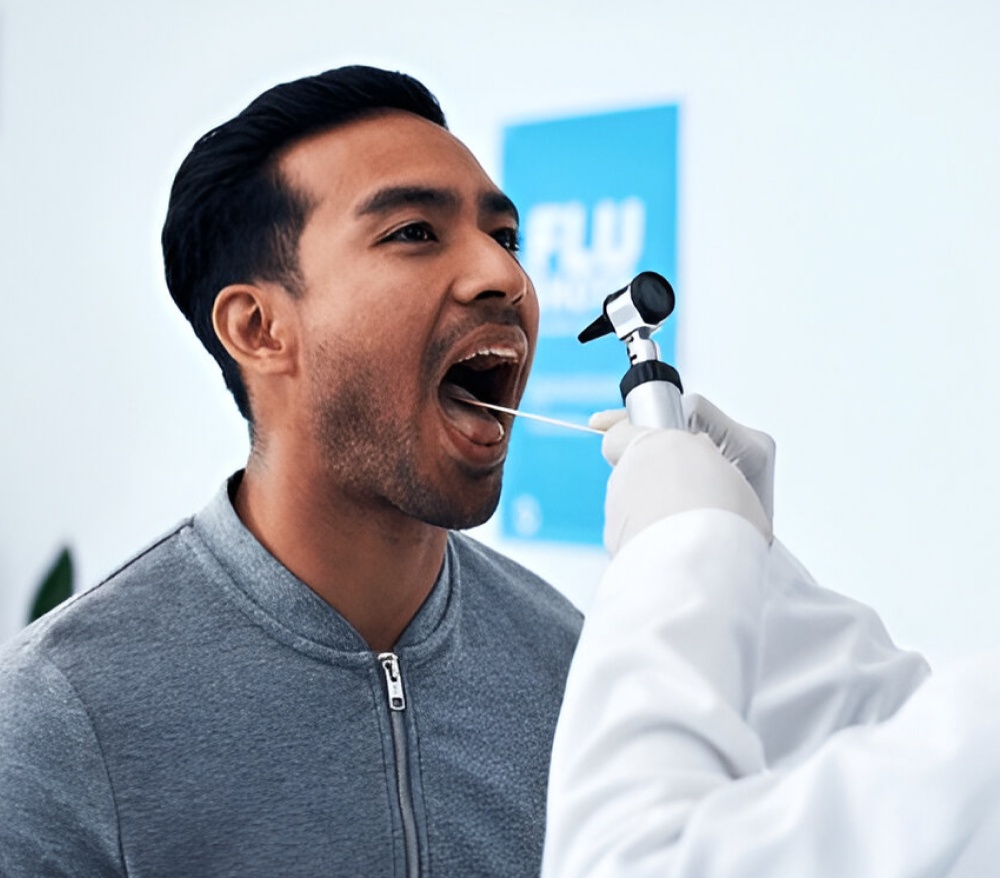
Oral cancer care at Thangam cancer center
Oral cancer, also known as mouth cancer, is a common type of cancer that develops in the tissues of the mouth or oral cavity. It occurs when cells in the mouth mutate and multiply uncontrollably, forming a tumour. If not detected early, oral cancer can spread to the throat, neck, and other areas of the head.
At Thangam Hospital, Namakkal, our expert oncologists specialize in diagnosing and treating oral cancers using advanced, evidence-based approaches tailored to each patient.
What Are Precancerous Oral Lesions?
While many HPV infections resolve on their own, a persistent high-risk HPV infection can lead to abnormal changes in cervical cells, which may develop into cancer over time.
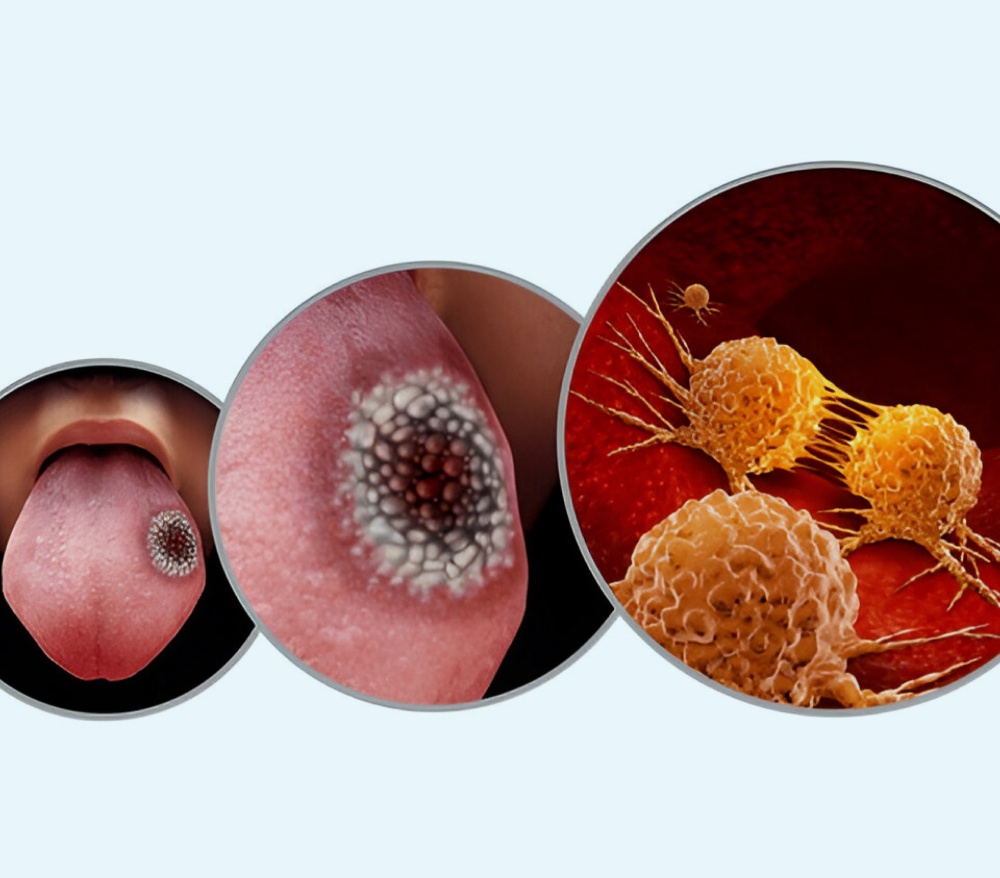

Risk Factors for Oral Cancer
Tobacco use
Cigarettes, cigars, pipes, and chewing tobacco are major risk factors.
Excessive alcohol consumption
Particularly when combined with tobacco use.
HPV infection
Especially high-risk types like HPV-16.
Sun exposure
Long-term exposure increases the risk of lip cancer.
Poor oral hygiene
Chronic irritation from poor dental care or dentures.
Weakened immune system
Increases vulnerability to cancerous changes.
Age and gender
More common in men over the age of 45.
Family history
Genetic predisposition may increase the risk.
Symptoms of Oral Cancer
At Thangam Hospital, we emphasize the importance of prevention and early screening to reduce the impact of oral cancer.

Persistent sore or ulcer in the mouth or lip that doesn’t heal

Lump or swelling
in the neck

Swelling or lump
inside the mouth

Unexplained bleeding
in the oral cavity

White or red patches on the tongue, gums, or inner cheeks

Difficulty chewing,
swallowing, or speaking

Trouble moving the
jaw or tongue

Hoarseness or
voice changes

Sudden weight loss
without a known cause

Chronic ear pain or
ringing in the ears

Numbness or pain in
the face or mouth
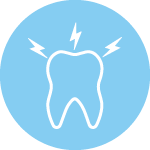
Loose,
painful teeth
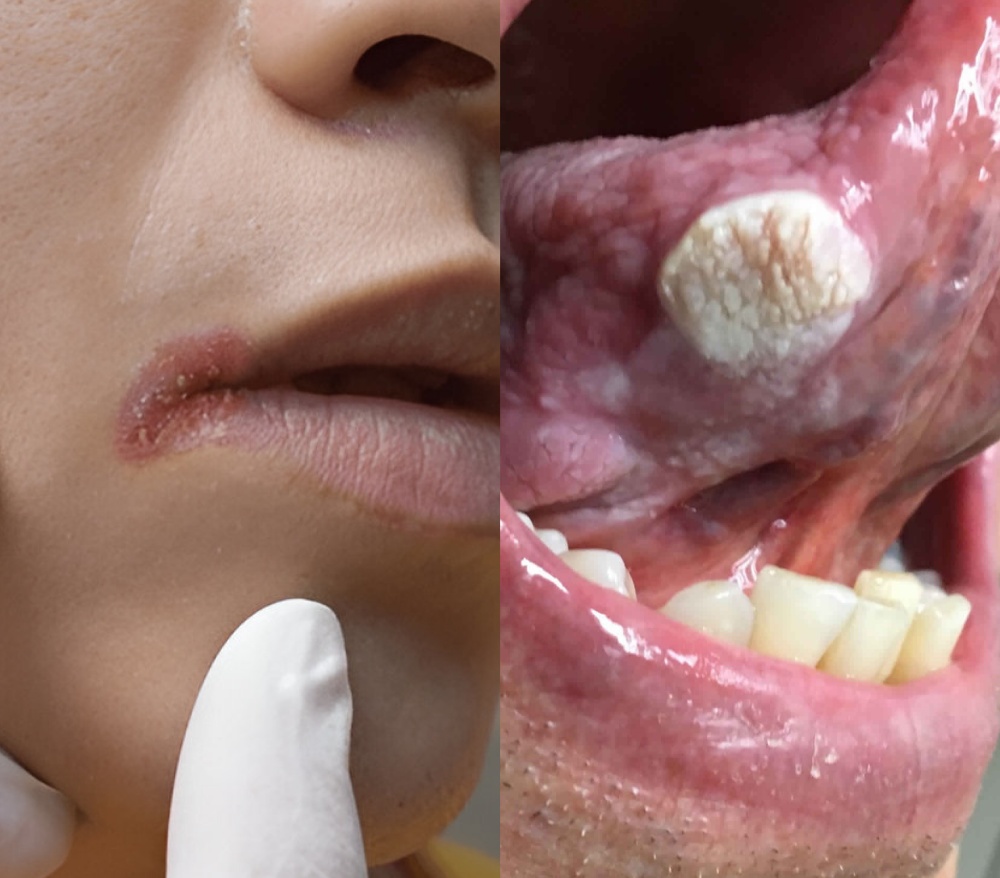
Areas Commonly Affected by Oral Cancer
Oral cancer can originate in various parts of the mouth, including:
- Lips
- Tongue
- Gums
- Inner cheeks (buccal mucosa)
- Hard palate (roof of the mouth)
- Floor of the mouth (beneath the tongue)
Oral Cancer Prevention
Oral cancer is largely preventable with lifestyle changes:- Avoid tobacco and limit alcohol consumption
- Eat a healthy, antioxidant-rich diet
- Protect your lips from excessive sun exposure
- Stay hydrated with water and fresh juices
- Perform regular self-checks in the mirror
Oral Cancer Diagnosis and Management
Our multidisciplinary team uses state-of-the-art tools for early and accurate diagnosis:
Clinical Examination
Our specialists conduct a detailed physical assessment of the oral cavity, head, and neck to detect lumps, ulcers, or discolouration.
Biopsy
The only definitive test for cancer. Tissue samples are collected and examined under a microscope in our pathology lab. Results are typically available within 3–5 days.
Advanced Imaging:
CT Scan (CECT)
High-resolution images to identify tumour size and spread.
MRI
Detailed soft-tissue imaging, especially useful for planning treatment.
PET/CT Scan
A full-body scan to detect metabolic activity and cancer spread. Available at our in-house imaging centre for seamless care.
Laryngoscopy
A video-assisted examination of the throat to assess deeper tumour involvement.
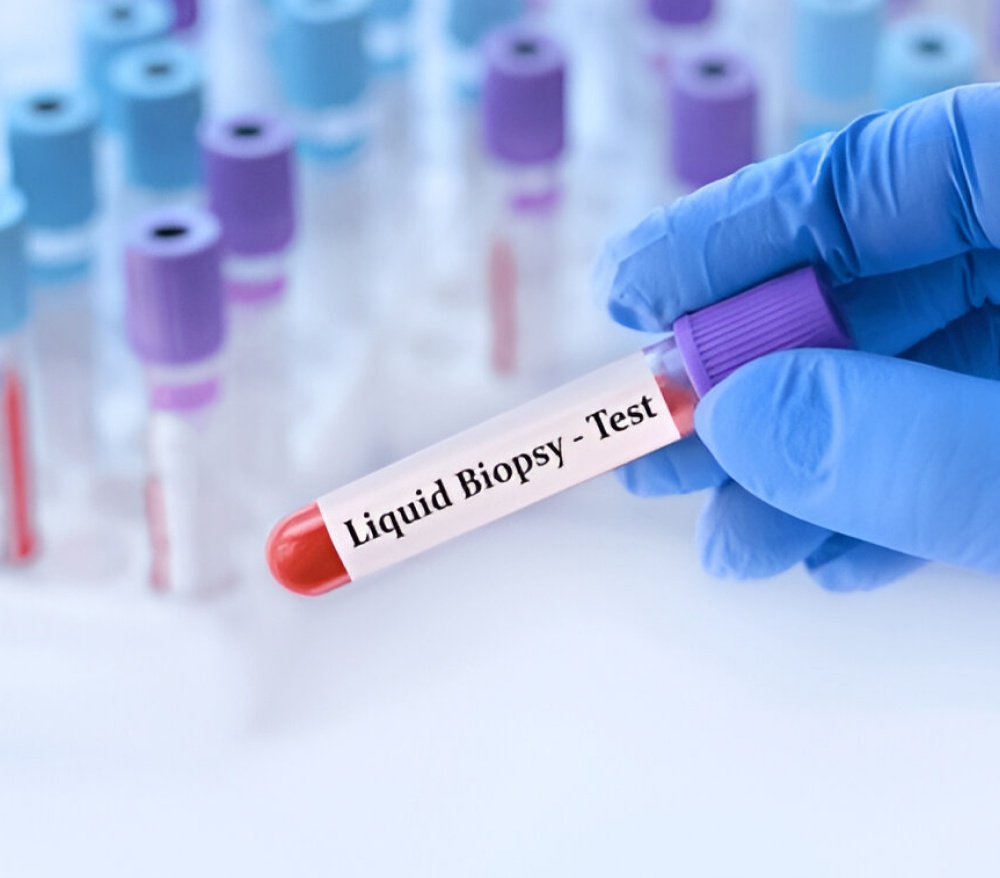

Types of Oral Cancer
Oral cancers are classified based on the type of cells involved:
Squamous Cell Carcinoma:
Most common (90% of cases); affects the lining of the
mouth.
Verrucous Carcinoma:
A slow-growing variant of squamous cell cancer.
Lymphoma:
Cancer of the lymph nodes within or near the oral cavity.
Minor Salivary Gland Tumours:
Tumours in the small salivary glands inside the mouth and throat.
Mucosal Melanoma:
A rare and aggressive cancer of pigment-producing cells.
Sarcomas:
Cancer arising from connective tissue within the mouth.
Stages of Oral Cancer
Staging helps determine the best treatment plan:
Stage I: Small tumour, no lymph node spread
Stage II: Larger tumour, still localized
Stage III: Cancer may have spread to nearby lymph nodes
Stage IV: Advanced stage with possible spread to distant organs
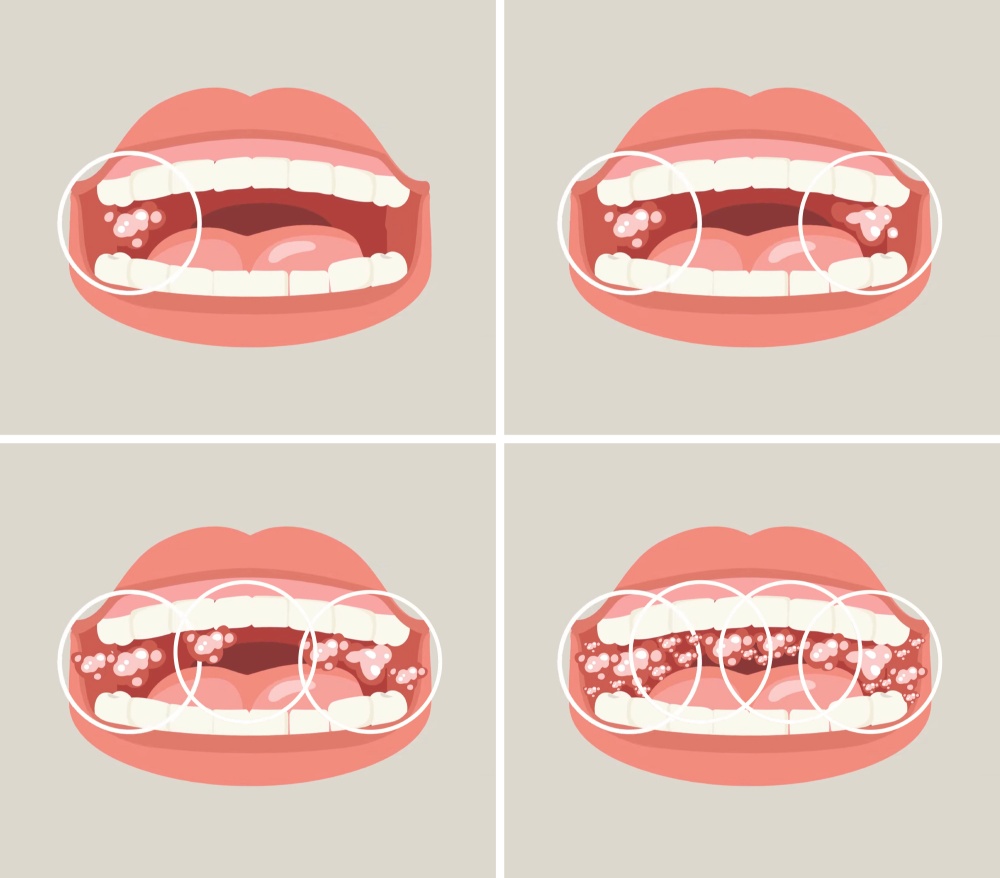
Treatment Options for Oral Cancer
Treatment is customized based on the cancer type, stage, and patient health status. Thangam Hospital offers comprehensive care under one roof:
- Preferred for early-stage cancers.
- Aims for complete tumour removal with clear margins.
- Reconstructive surgery may be performed for better function and appearance.
- Uses high-energy beams (photons/electrons) to target cancer cells.
- Delivered 5 days a week for 5–7 weeks.
- Often used after surgery or as a primary treatment in selected cases.
- Systemic treatment using oral or IV drugs.
- Often combined with radiation for advanced-stage cancers.
- Drugs that specifically block cancer cell growth pathways.
- Often used in combination with other treatments.
- Stimulates the immune system to fight cancer.
- Used for advanced or recurrent oral cancers in select patients.
- Involves a combination of surgery, chemotherapy, and radiation.
- Standard for advanced cancers or those with lymph node involvement.
- Specialized dietary plans are provided to maintain strength during treatment.
- Focused on improving swallowing and managing side effects.
- Address pain, discomfort, and emotional well-being.
- Includes counselling and support groups for patients and caregivers.



